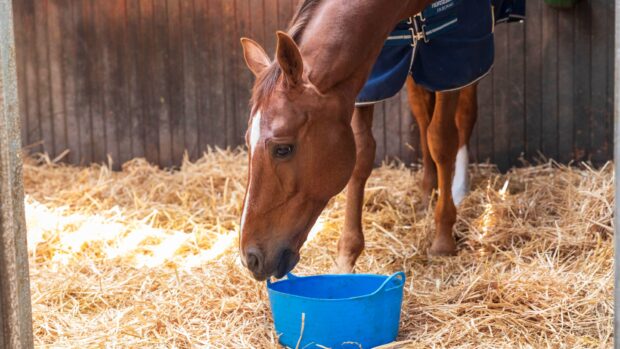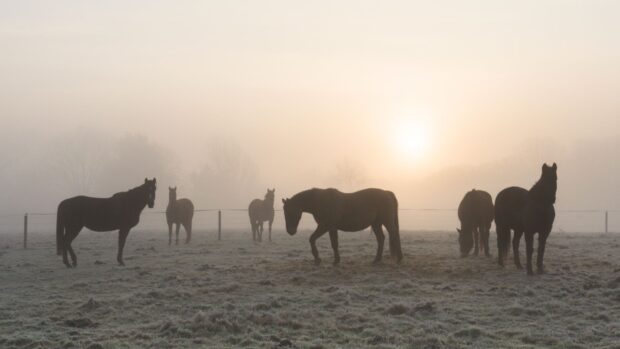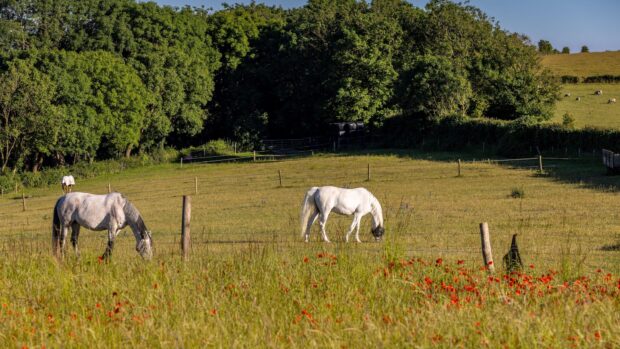In her latest H&H column, Anna Ross highlighted the financial pressures facing riders – from soaring insurance to mounting business costs – and how these hurdles can block progress for those without deep pockets.
But while the landscape is tough, some riders are finding smart, sustainable ways to keep competing. You might not be shopping for the next Valegro – few are – but that doesn’t mean your dreams are out of reach.
Here’s how to stay in the game with real-world strategies for enjoying dressage on a budget.
Real riders share how they manage dressage on a budget
International grand prix rider Steph Croxford knows what it’s like to compete on a shoestring – and still stand out.
“We have no money whatsoever, but I’ve managed to train and compete several horses for over 25 years now,” she says.
“With entry fees and diesel costs rising, I only compete when I need to. It’s the same with lessons – one trip can cost £150, so I make each one count.
“I learn what I can from my fabulous trainer, go home and practise, and book another lesson when I need a nudge.”
At home, she cuts costs wherever possible.
“I don’t have fancy matchy-matchy outfits, and most of my tack is from eBay,” she says. “When my horses were on shavings, I got them free from the sawmill – I just had to bag them.
“Now they’re on chopped rape straw from a local farm, which is much cheaper.”
Steph feeds all her horses hard feed from her local supplier, and, with no staff, keeps horse numbers realistic.
“We have four – that’s enough mucking out for me!” she laughs. “We all pitch in before and after work and school. That means 6am starts, riding at 7am, then back in the evening for yard jobs.”
“Spend your money on the horse, not the extras”
International small tour rider Stef Eardley has reached national grand prix level on a budget.
“I really look after my stuff and get rugs repaired – some are over 30 years old,” she says. “I find bargains on Facebook Marketplace and eBay. If I want something new, I wait for the sale.”
Flashy gear isn’t a priority for Stef.
“Spend your money on good feed, good shoeing, good physio, and riding the horse properly,” she says. “Those are my non-negotiables. If you’ve got money to spend, invest in really good training.”
Even her lorry reflects that ethos.
“I have the world’s worst-looking lorry – but it’s reliable, has been abroad, and drives well,” she says. “I saved up for it. At first it didn’t have electricity, so I bought a camping cable I hang out the window. I use charity shop blankets as a middle layer between rugs.”
She also plans ahead. “I save monthly into a horse account, so I always have something in hand for vet bills,” she says.
“You don’t need to spend a mortgage on a horse. My most expensive was £8,500, but I’ve had huge success with free ones no one else could ride. One went to grand prix, another to inter I.”
“Make every penny count”
Secondary school teacher and BHS coach Katherine Loupart has competed to medium level – often starting with horses others overlooked.
“My money is hard-earned, so I have to use it wisely,” she says. “I’ve never bought a ready-made horse. All of mine were just-backed or started by me – two were found at a market and became my best.”
Until recently, she didn’t even have an arena.
“Most of my schooling has been done on bridleways,” she says. “I use transitions, leg-yield, shoulder-in, canter strike-offs and hills. I’d hire an arena once a fortnight and combine it with a focused lesson. I always come back with homework.”
She competes monthly – unless she’s chasing qualifications.
“The horses gain experience at unaffiliated level. I only affiliate when we’re ready,” she says.
She’s clear on what matters: “I never cut corners on physio, dental care, or feed – including supplements.
“But I skip the extras. Fancy saddle cloths can cost more than a lesson or competition, and they don’t change how your horse goes. eBay and Marketplace are my go-to – and it’s better for the environment, too.”
Do you have any tips to help keep your horse costs down? Share them with us by emailing us at hhletters@futurenet.com, including your name, nearest town and county, for the chance for your letter to appear in a forthcoming issue of the magazine
- To stay up to date with all the breaking news from major shows throughout 2025, subscribe to the Horse & Hound website
You may also be interested in:

How ‘eyes on the ground’ can help with your training and save you money

Fancy trying affiliated dressage, but not quite sure where to start? You need to read this…

Anna Ross: ‘Talent without opportunity is like a horsebox with a dead battery’

Subscribe to Horse & Hound magazine today – and enjoy unlimited website access all year round






